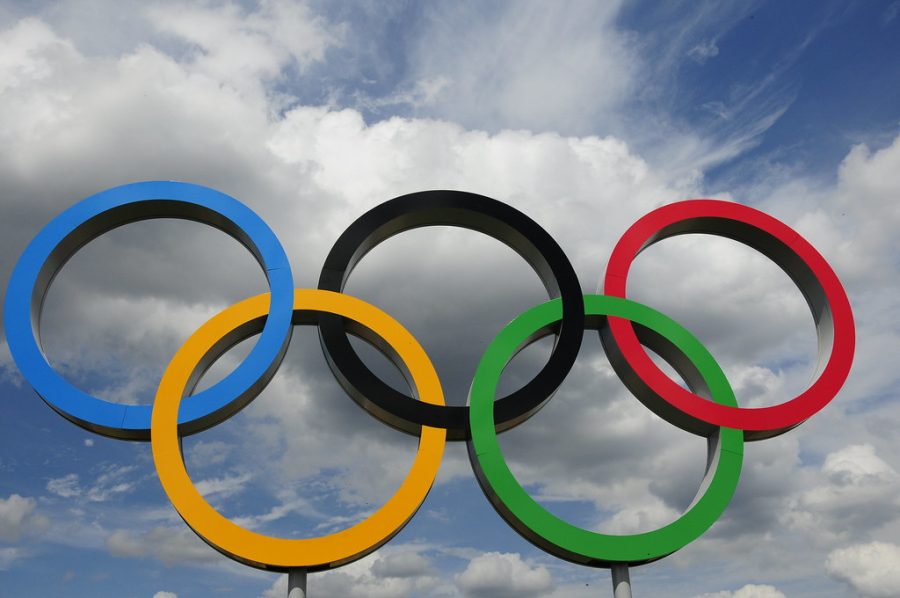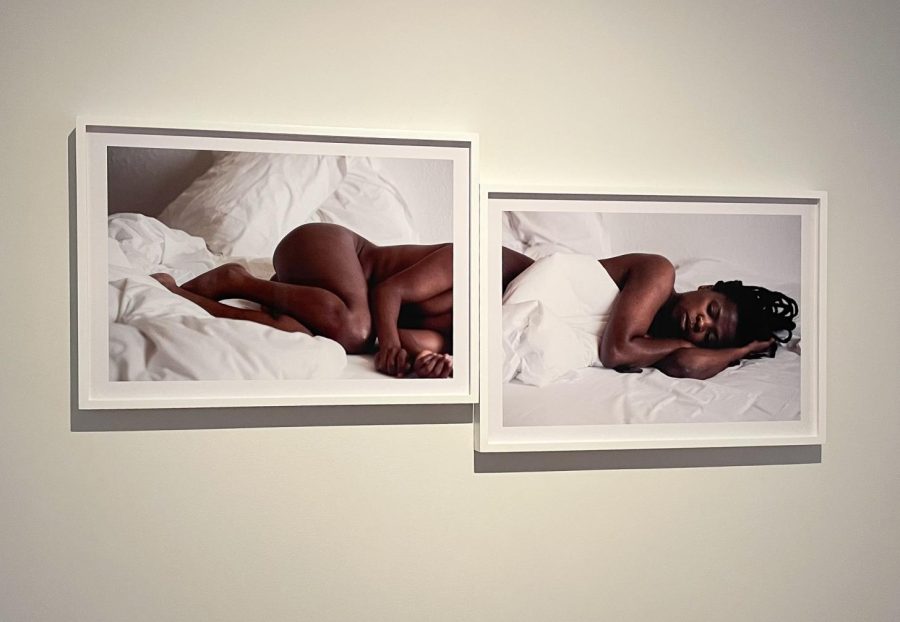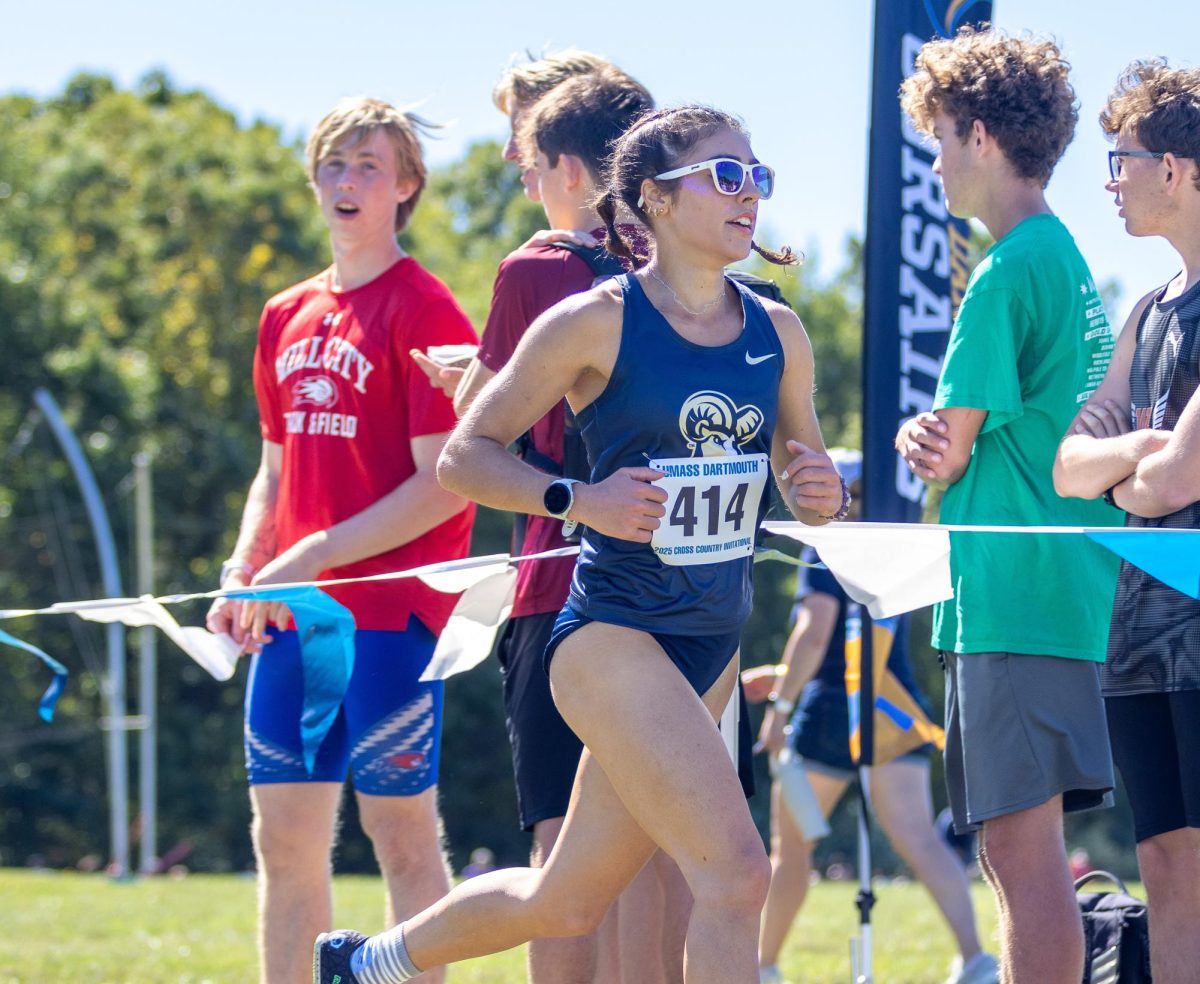Track star Sha’Carri Richardson has spoken out against the ruling that allowed 15-year-old Russian figure skater Kamila Valieva to continue competing in this year’s Winter Olympics after testing positive for performance enhancing drugs.
Valieva tested positive for a banned heart drug at the Russian national championships in December. However, due to a delay, the skater, her team and Olympic officials the results were notified six weeks after testing.
Valieva has since been cleared to keep competing, despite trimetazidine being found in her system. It has since been revealed that two other heart drugs have been found in her system, though only the original one from December’s test is banned by the World Anti-Doping Agency.
In a statement, Travis Tygart, the chief executive of the United States Anti-Doping Agency (USADA), said the “trifecta of substances… seem to be aimed at increasing endurance, reducing fatigue and promoting greater efficiency in using oxygen.”
Richardson took to Twitter to discuss the ‘double standard.’ Richardson was scheduled to compete in the women’s 100-meter race this past summer, but was banned from competing in this year’s Olympic Games in Tokyo after testing positive for marijuana.
Responding to USA Today’s video announcing that Valieva has been cleared and allowed to continue competing, Richardson wrote, “can we get a solid answer on the difference of her situation and mine?”
Richardson went on to compare their situations, as both competitors were favored to win medals in their sports, and went as far as to blame the exception on the color of Valieva’s skin, citing “the only difference I see is I’m a Black young lady.”
Richardson said she smoked marijuana in order to cope with the loss of her mother while in a state where recreational use is legal, and there has been no cited reason as to why Valieva was on three separate heart medications. There has been speculation, however, that there was a mix up between Valieva and her grandfather’s medications.
In response, Mark Adams, a spokesperson for the International Olympic Committee (IOC), said, “You can’t talk about double standards in relation to Russian and American athletes, each case is individual,” in a statement to Yahoo! Sports.
“Richardson’s positive doping test was discovered on June 19, and the result was received before the start of the Olympics. She was suspended for a month. There is nothing in common between these two cases,” he added.
“This Games, which has not concluded, concerns an issue in December.,” Adams said. “[Valieva] is in the center of a lot of speculation. It must be very tough for her. We of course are in touch with the team, her welfare is the team’s first priority, and obviously we are very careful of that but there’s only so much that we can do.”
Due to Valieva being only 15, she is considered a “protected person” as different rules apply to minors, according to the IOC.
Richardson’s suspension generated an outpouring of support for the runner and criticism against the many anti-doping rules and regulations of U.S. sports and the Olympic Games, particularly against marijuana usage due to the increase in legalization in the U.S.




















